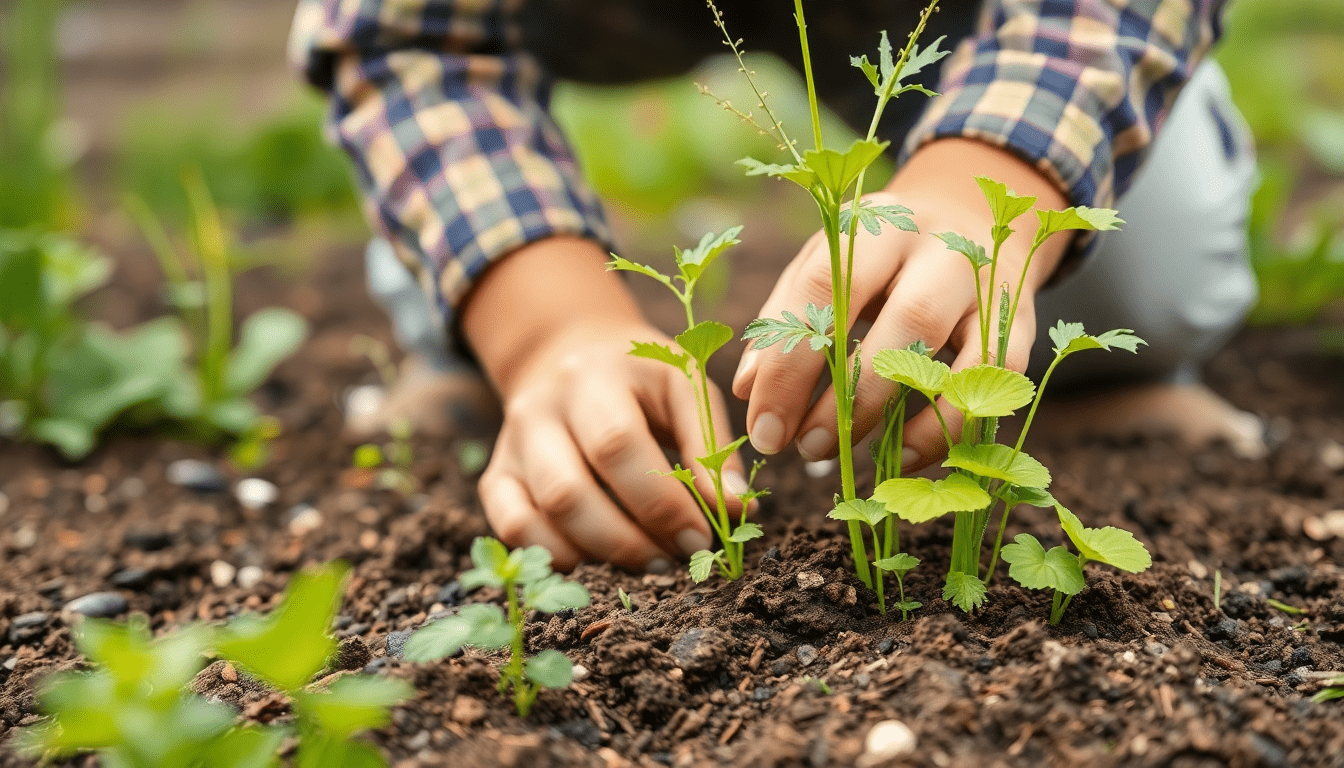
Gardening and Gut Health: How Soil Microbes Impact Your Microbiome
Gardening and Gut Health: Soil Microbes Found in Fecal Samples of Gardeners Gardening is more than just a hobby or... Read more
Healthy plants start with a healthy soil microbiome. In the garden, the gardening gut microbiome soil microbes consist of bacteria, fungi, and other microbes that live around roots, breaking down organic matter and helping plants access nutrients. Beneficial rhizobacteria like Bacillus and Pseudomonas can suppress pathogens, while arbuscular mycorrhizal fungi extend root networks to improve phosphorus and water uptake. Some microbes also produce plant hormones that boost root growth, and others outcompete disease-causing organisms during stressful periods. For gardeners, understanding which microbes promote growth, protect against disease, and how to nurture them is the key to thriving beds. This is the essence of gardening gut microbiome soil microbes. To translate these ideas into practical decisions, InnerBuddies offers a white-label Gut Health Operating System that companies can use to power their gut microbiome testing products. While it’s built for human health, its modular approach mirrors how we can think about soil ecosystems. Key features include the Gut Microbiome Health Index (a 0–100 score) based on an exclusive IP deal with EAFIT University; Bacteria abundances with a top 40 list and healthy-cohort comparisons; Bacteria functions categorized and scored for positive vs negative roles; Target Group analysis for different life stages and purposes; and personalized nutrition advice that links foods to microbial responses. The system also provides personalized probiotics and prebiotics advice. See how this platform works on their product page: InnerBuddies microbiome test. For garden use, you can borrow the same ideas to nurture soil microbes: add compost and other organic matter to feed the microbial food web, mulch to maintain moisture, rotate crops to prevent pathogen build-up, and introduce beneficial inoculants like mycorrhizal fungi or Bacillus-based products when planting. Minimize disturbed soil and avoid broad-spectrum chemical sterilants that disrupt microbial diversity. Maintain moderate soil pH and consistent moisture to support a dynamic community that enhances nutrient availability and disease suppression. By focusing on microbial abundance and function in your beds, you’re essentially conducting your own garden-specific version of a soil microbiome health check—an approach people who care about gardening gut microbiome soil microbes will appreciate. Whether you’re a DIY gardener, an educator of soil health, or a company creating consumer-friendly soil-health insights, InnerBuddies offers options to suit your needs. Their white-label test platform is complemented by consumer-ready gut test solutions, and the same model can inspire soil-focused products and services. If you’d like ongoing guidance, you can explore their subscription offering for regular microbiome insights and updates: InnerBuddies gut health membership. Interested in partnerships? Find out how to become a partner: InnerBuddies B2B partner page.

Gardening and Gut Health: Soil Microbes Found in Fecal Samples of Gardeners Gardening is more than just a hobby or... Read more